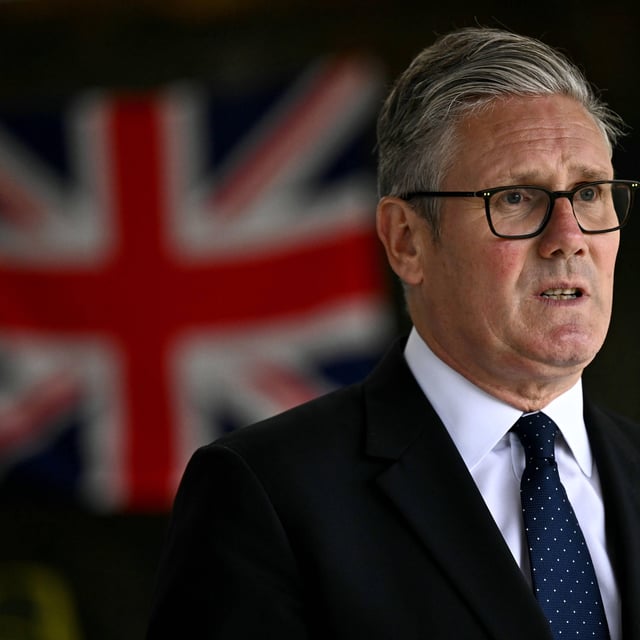Overview
- In a U-turn this week, ministers restricted PIP reforms to new claimants from November 2026 and protected existing Universal Credit health-element payments in real terms.
- A government impact assessment shows the watered-down measures will save about £2.5 billion by 2030 and still push 150,000 disabled people into poverty by that year.
- Roughly fifty Labour MPs have publicly committed to vote against the Universal Credit and Personal Independence Payment Bill at its second reading in the Commons today.
- Rebel MPs and disability campaigners warn that the two-tier system creates unfair payment gaps between current recipients and future claimants with similar needs.
- An independent review of the PIP assessment led by Sir Stephen Timms and co-produced with disabled people is scheduled to report in autumn 2026.



